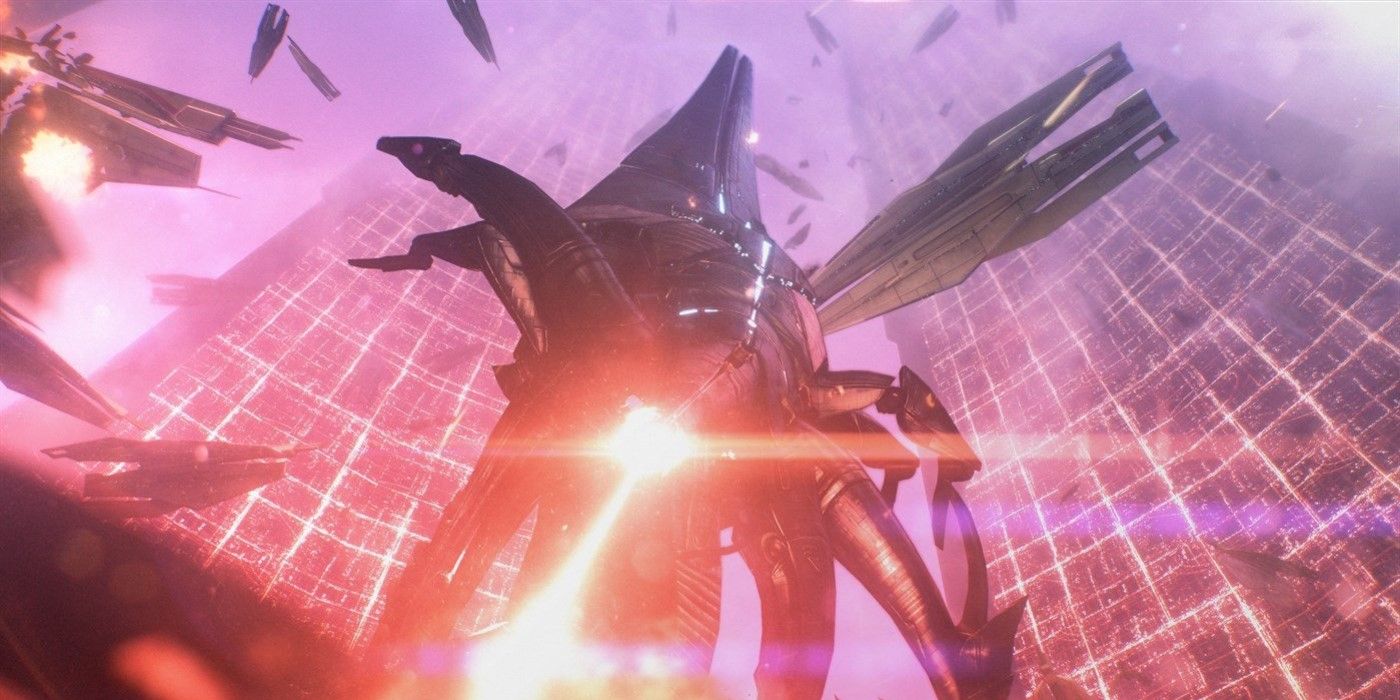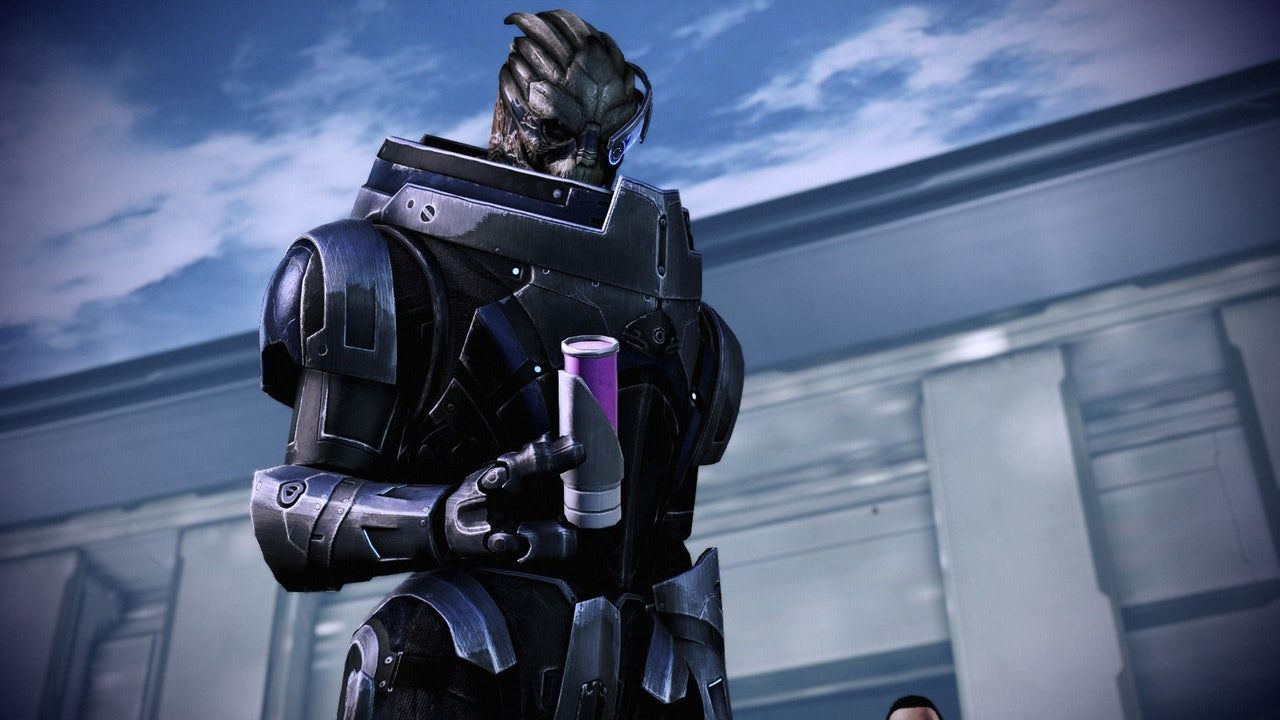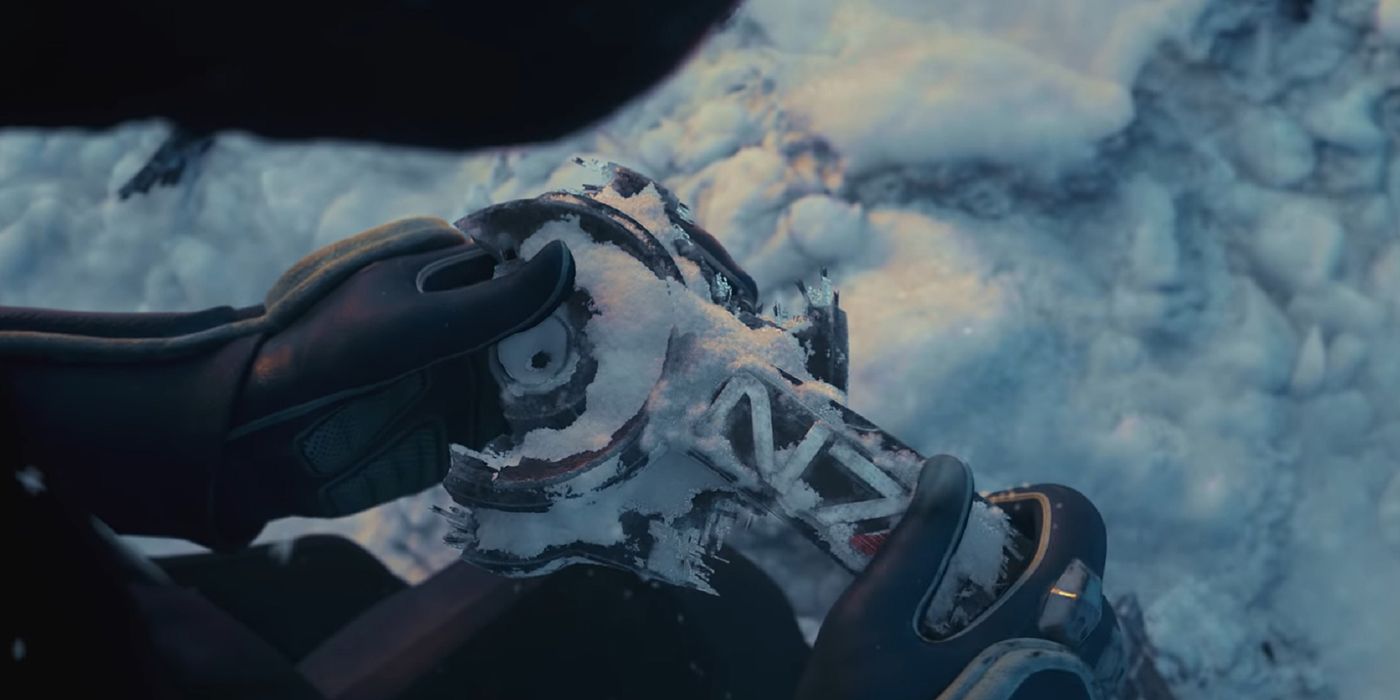

There's plenty of evidence that Mass Effect is turning back to the past. Mass Effect: Legendary Edition saw the original trilogy remastered, while Mass Effect 4's trailer hinted at a return to the Milky Way, original trilogy characters like Liara T'Soni, and even the possible return of Shepard themself as the player character. After the disappointing reception of Mass Effect: Andromeda, the allure of nostalgia makes a lot of sense.
If BioWare is going to continue the story of the original trilogy, or at least some of the characters in it, the studio may run into problems with some of the story elements from the first three games which feel dated a decade later. Although Mass Effect 4 seems to be returning to the Milky Way and possibly Shepard's story, there are some assumptions made by the original trilogy about where the player's sympathies will lie that BioWare may have to avoid repeating. Here are some of the more questionable elements of the original trilogy that players aren't expected to question in-game, and how they might risk making BioWare's beloved characters less sympathetic in Mass Effect 4 if those assumptions are made again.
RELATED: Mass Effect Fan Finds Grand Theft Auto Joke in the Game

Mass Effect is all about making choices, but plenty of the plot-points and details are set in advance. Shepard always becomes a SPECTRE, an agent for the Citadel Council that has permission to go above the law in service of the Council. This is shown to be easily open to abuse by characters like Saren, who uses his SPECTRE status to cover his tracks when he begins working for the Reapers.
In Shepard's case, however, SPECTRE status is depicted as a necessity to allow them and their crew to take the action needed to get the job done and stop Sovereign. The game clearly frames Saren as a bad guy, but at no point are players given the option or expected to question the Council's use of SPECTREs in general. The player can choose whether or not Shepard abuses their power, but whether they do or not they're always above the law.
Similarly, Garrus is introduced in Mass Effect 1 as a disillusioned C-Sec officer frustrated at the Citadel's bureaucracy. His Mass Effect 1 mission involves hunting down a rogue scientist, and involves Garrus describing his anger that C-Sec didn't let him shoot down a shuttle full of hostages over a populated area of the Citadel to get his man. Shepard can question this, but only gently, and it doesn't stop Garrus from taking things even further in the next game.
In Mass Effect 2, Garrus works outside the law himself, acting as a vigilante on Omega, killing the people he believes are behind the space station's crime. Even a Paragon Shepard has few problems with this, despite lines like "it's not hard to find criminals here. All I have to do is point my gun and shoot," implying that Garrus is far from discerning about who he kills.
RELATED: Mass Effect Fan Shares Adorable Drawing Of Shepard And Garrus

Garrus should not be a morally black and white character, but it's clear that the story expects players to tacitly approves of the Turian's choice to leave C-Sec and take the law into his own hands – he is given the name Archangel by "the locals" for all his "good deeds." If players take him back to the Citadel when they first arrive, Garrus even has unique dialogue approving of some of the changes C-Sec has undergone in his absence. This is in response to Shepard questioning a C-Sec officer who hints that he's torturing suspects to get the job done.
The player has the opportunity to slightly cool Garrus' hot-headedness down throughout the trilogy using Paragon dialogue options, but BioWare will likely find that many fans of the original trilogy will find Garrus' portrayal as a law-enforcement officer who acts outside the law harder to stomach now than it was when the games first released. There's nothing wrong with morally ambiguous characters. Far from it – it makes the original trilogy far more interesting. What's noticeable, however, is that while BioWare gives players the option to pick between Paragon and Renegade options, the player is rarely given the option to truly question some of the more unpalatable characters or organizations.
This applies to some romances as well. If Shepard romances Ashley Williams in Mass Effect 1, she will tease the Commander for beginning a romance with someone under their direct command. It's not a huge deal in the story, but the fact that almost all Mass Effect romances take place between the Commander and someone under their command is another aspect of the story likely to make more fans uneasy if similar framing is used for the romances in Mass Effect 4. Players have the choice not to pursue any romances, but in doing so miss out on a large part of the story. The problem isn't the moral ambiguity of some elements of the original trilogy, it's that players are rarely given the chance to do anything but accept those elements.

This isn't just a problem when it comes to Shepard and their companions. In many cases across the original trilogy, the plot steams on ahead without giving the player a chance to question their situation. This is most noticeable at the start of Mass Effect 2, where Shepard will always submit to working with Cerberus without much resistance. Even a Sole Survivor Shepard, who can discover that their entire original team was killed thanks to a Cerberus operation, doesn't have the opportunity to bring that up when talking to the Illusive Man.
Having morally ambiguous characters and situations is good for Mass Effect's story, but Mass Effect 4 needs to give players a greater variety of responses to the situations they find themselves in in the next game than they got in the original trilogy. BioWare cannot assume that players will be satisfied with the same range of reactions that the studio could rely on more easily when the original trilogy released. Just how much Mass Effect 4 picks up where Mass Effect 3 left off remains to be seen, but if Mass Effect 4's roleplaying experience is going to feel like a generational jump forward from the original trilogy, BioWare will need to make sure players are given a greater range of possible reactions to the game's more morally ambiguous elements.
Mass Effect 4 is currently in development.
MORE: Mass Effect: Legendary Edition Sales Success is Good News for Dragon Age Fans



